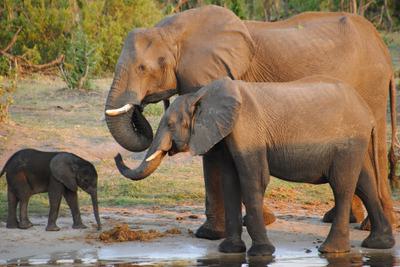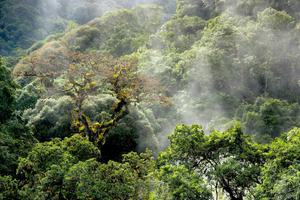Wildlife officials in Botswana are investigating the mysterious deaths of 154 elephants over a three-month period in the Okavango Delta, in the northwest corner of the country. Both poaching and poisoning have been ruled out as causes of the die-off, Reuters reported.
Scientists have also ruled out anthrax as a cause of death. The infectious disease is naturally occurring in soil in parts of Botswana and has been known to occasionally impact wildlife, particularly during drought, most recently killing more than 100 elephants in 2019.
While elephant populations are declining in most parts of Sub-Saharan Africa due to poaching, Botswana is a rare conservation success story. The country is home to the world’s largest population of elephants, with an estimated 130,000 animals, up from 80,000 in the late 1990s. As the population has swelled, however, so too have conflicts between elephants and farmers in Botswana. And last year, President Mokgweetsi Masisi lifted a five-year ban on big-game hunting.
The most recent die-off has stumped wildlife officials. The elephant carcasses have been found intact, indicating they were not poached. Blood samples have been sent to South Africa for further analysis, though officials warn the results could be delayed due to Covid-19 lab closures.
Wildlife officials warned local villagers not to consume the dead animals’ meat, and are working to burn the carcasses, according to VOA News. They said they expect more animals to die over the coming weeks.
“We are still experiencing elephants dying in the Okavango Panhandle,” wildlife officer Dikamatso Ntshebe told reporters in Botswana. “We also see elephants that show that they are sick and are on the verge of dying.”



